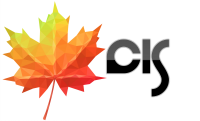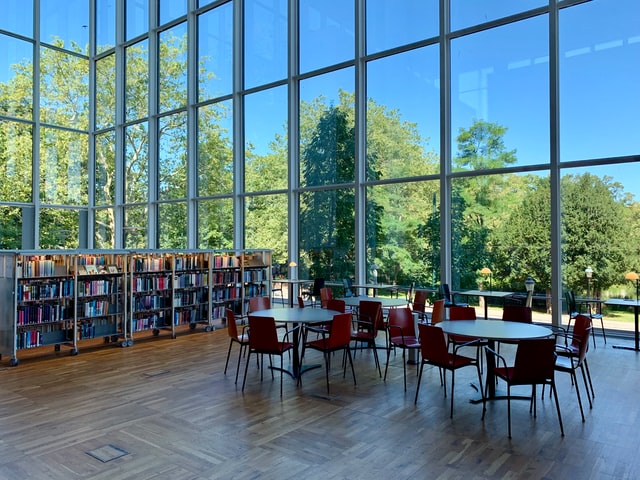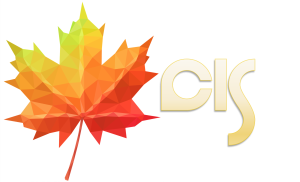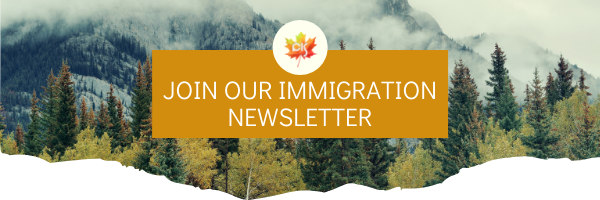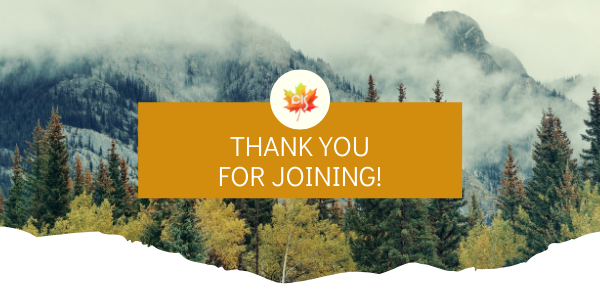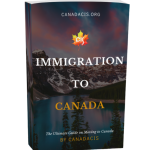How to Immigrate to Yukon: top tips in 2024
Home » Blog » Immigration to Canada » How to Immigrate to Yukon: Top Tips in 2024
Yukon, the smallest and westernmost of Canada’s three territories, has the lowest population of any province or territory in Canada, so this province needs more immigrants to come and settle.
Yukon is a great location to live, offering awe-inspiring natural landscapes, many careers, and education possibilities, plentiful natural resources, and an immigrant-friendly community.
Discover more tips on how to move to Yukon.
Table of Contents
🍁 What should I know about Yukon before moving?
Before packing your bags and choosing Yukon as your primary destination for immigrating to Canada, it’s essential to know what life is like in Yukon and its job opportunities for immigrants. You may find all you need to know about this in the following sections below:
Because Yukon is more-or-less uniformly cold and alpine, much of the territory is usually around ten degrees above freezing. Because of this, summer days tend to be pleasant, with temperatures regularly over 77°F (25°C). However, as the province is north of the Arctic Circle, summer days in June and July may be very lengthy.
If you enjoy cold winters and “just-right” summers, this is the perfect province for you!
Because of its plentiful natural resources such as lead, zinc, silver, gold, and copper, the Yukon’s economy is mainly dependent on that state.
The business and administrative professions make up the community’s second-largest job category. Additionally, the government accounts for a large part of overall employment in the capital city of Whitehorse, accounting for a substantial percentage of the local economy. Yukon’s economy has diversified, and tourism contributes a significant portion of employment and services in the territory. Currently, the unemployment rate in Whitehorse is 7%, although this rate fluctuates depending on the time of year.
As for cost of living, Whitehorse has a higher cost of living than other southern Canadian locations. In contrast to the cost of living elsewhere in the Yukon and in towns across northern Canada, the overall cost of living is somewhat lower. In the Yukon, the typical family earns $94,000 per year, making it possible to live comfortably even when compared to other parts of Canada.
The Yukon’s seasonal employment comprises a large part of the workforce, and weekly wages surpass the national average. Additionally, the Yukon has no sales tax on imported or taxable goods. At the moment, the minimum average salary for residents is $10.86 per hour.
💼 Job opportunities in Yukon
Yukon has the lowest unemployment rate in Canada, at 4.6 percent, making it one of the easiest provinces to find work in Canada! Want to know the best job opportunities and the average salary within Yukon? No worries, we got you covered!
Average Salary: $51,168 to $87,408 per year
TEER CODE: 21321
Requirements: A bachelor’s degree in industrial engineering or in a related engineering discipline
Average Salary: $27,300 to $36,439 per year
TEER CODE: 63200
Requirements: Completion of secondary school or a cook’s trade certification
Average Salary: $30,225 to $40,407 per year
TEER CODE: 42202
Requirements: 2 to 4 year college course in early childhood education or a bachelor’s degree in child development is required, along with a license provided by the provincial or territorial association for early childhood educators (ECE).
Average Salary: $36,075 to $49,959 per year
TEER CODE: 12200
Requirements: At least four years of bookkeeping experience and a letter of recommendation from a previous employer, client, or accountant.
Average Salary: $25,350 to $40,365 per year
TEER CODE: 64314
Requirements: Completion of secondary school or equivalent along with a completion of a two-year apprenticeship program or a college program in front desk operations or hotel management
👩🎓 Studying Opportunities in Yukon
There is just one higher education institution in Yukon: Yukon University. Yukon University offers degrees, diplomas, and certificates.
In December 2019, the parliament of Yukon passed a law to convert Yukon College into Yukon College. Yukon is considered to be the 3rd best university in Canada with around 130 international students enrolled each year.
If you wish to move to Yukon as an international college student, this would be your best and only option!
It’s not an easy choice to leave your old life behind and start a new one in Canada, but this is a wise one. Going on a new journey to Yukon is an even more thrilling and distinct challenge because of the choice of destination. In Yukon, if you are persistent, you will find a job. In order to achieve your plans of living in Yukon, your next step would be to start your immigration journey, and CanadaCIS is here to help!
🛤️ Easy Immigration Routes to Yukon
Discover the seamless pathways that make immigration to this breathtaking territory a reality. Whether you’re drawn to the pristine wilderness, vibrant communities, or unique opportunities, Yukon welcomes individuals from various walks of life.
Uncover the possibilities that await you in Yukon – a place where adventure meets tranquility. Click on the photo to unveil the door to your future in this remarkable Canadian territory.
Let the Yukon charm you with its natural wonders, and find your way to a new chapter of life surrounded by unparalleled beauty. 🌄
